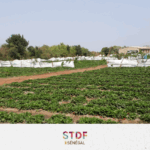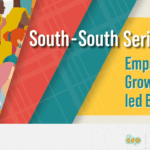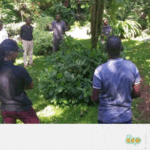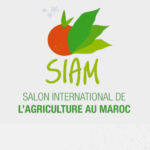COLEAD’s support to agrifood stakeholders to reduce food loss and waste
- 29/09/2023
- Posted by: Sandra Borma
- Category: Corp EN
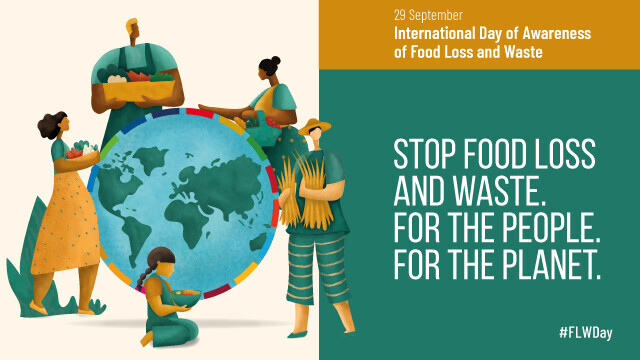
The 2023 International Day of Awareness of Food Loss and Waste (#IDAFLW) is a call for all to reduce food loss and waste (FLW). While 74 kg of food is being wasted on average per person each year worldwide (UNEP, 2021), food production is increasingly being impeded and food security endangered in times of economic, environmental and geopolitical crises. It is estimated that 13 percent of the world’s food production for human consumption is lost (discarded, incinerated or otherwise disposed) in the supply chain from post-harvest prior to the retail stage (FAO, 2022). 17 percent of food is additionally wasted in households, food services and in retail (UNEP, 2021). Fruit and vegetables constitute the main category of food losses with 32 percent (FAO, 2022).
In this context, reducing FLW at all the stages of the food supply chain is of the essence to ensure a sustainable future for all by transforming agrifood systems. The target 12.3 of the Sustainable Development Goal (SDG) 12 aims at halving per-capita global food waste at the retail and consumer levels and reducing food losses along production and supply chains by 2030. Reducing food loss and waste is a triple win as it means producing more, using the same amount of resources, while costs related to disposal decrease. As a network of companies, professional organisations, experts, private and public partners in the agrifood sector and development field, COLEAD works with various stakeholders and is committed to supporting them reducing FLW that occurs at the production, processing, transporting, marketing or consumption stage.
The PAFO-COLEAD Innovations Sessions and the IICA-COLEAD Caribbean Agrifood Business Sessions are opportunities for African and Caribbean entrepreneurs to share their best practices and the innovations they have developed with a global audience. These online sessions are an opportunity to bring private sectors operators together with experts from research, policy, finance or support organisations. These sessions aim at strengthening the capacities of smallholders, farmer groups and organisations, and focus on various agrifood-linked topics (processing, technologies, adaptation to climate change, circular economy etc). This includes practices to add value to crops that would otherwise go to waste and solutions to extend the shelf life of produce (fresh and processed). Reducing FLW was also specifically addressed in the Innovations Session n°11 (watch again). Together with the OECD, COLEAD also organises online sessions to raise awareness about the contribution of the fruit and vegetable sector towards achieving sustainable food systems. The next session will focus on Innovations and technologies to reduce food waste and losses and will be held online on Wednesday 11 October 2023 – 08:00-09:30 UTC (see agenda; register here).
Through its development programmes, COLEAD provides – online and in the field – technical assistance, vocational training and support services in regulatory monitoring, market insights and research and innovation. Many self-study courses are available for free on COLEAD’s E-Learning platform, with some of them focusing on producing and processing techniques that reduce FLW. COLEAD also documents good practices in farming, processing, sanitary and phytosanitary treatment and other agrifood topics. The training manual on waste management provides guidance on evaluating and reducing food waste production, as well as waste recovery and organic matter. Recycling organic waste is also the topic of one of the short publications on sustainable production practices. Focusing on valorising mango waste, the recently published mango sector study analyses the technical and market feasibility of compost and briquettes made from this organic waste.
More information material developed by COLEAD and available online for free can be found on the E-Learning platform (self-study courses) and E-Library.

